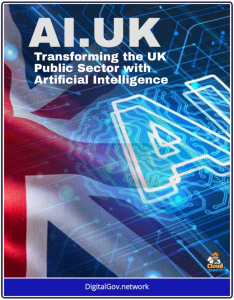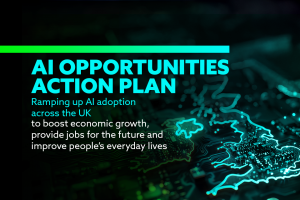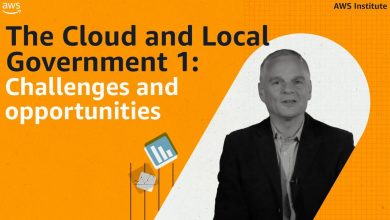 At the beginning of the year Keir Starmer unveiled a comprehensive 50-point plan to ‘unleash AI’ across the UK to boost growth, shaping the future of technology and innovation in the country.
At the beginning of the year Keir Starmer unveiled a comprehensive 50-point plan to ‘unleash AI’ across the UK to boost growth, shaping the future of technology and innovation in the country.
In a speech setting out the government’s plans to use AI across the UK to boost growth and deliver services more efficiently, the PM vowed to “Mainline AI into the Veins of the UK”.
The potential of this technology for the UK is huge, offering a dual potential to transform the public sector for vast efficiency benefits and cost savings, while simultaneously massively booting the tech sector through startups and commercialization growth.
Far from being a mere tool for automation, AI offers the potential to enhance efficiency, unlock new industries, and position the UK as a global leader in the digital age, and the UK boasts a wealth of expertise and thought leaders who can realize this vision for the UK and with it deliver these enormous economic benefits.
By embracing AI with bold vision and strategic intent, the government can unlock a £630 billion economic boost by 2035, as estimated by Accenture and Frontier Economics.
[box type=”info” align=”” class=”” width=””]
 UK-AI Action Plan: Ai Powered Economic Transformation
UK-AI Action Plan: Ai Powered Economic Transformation
At the heart of this initiative is the UK AI Action Plan.
Commissioned by the Secretary of State for Science, Innovation and Technology and authored by tech entrepreneur Matt Clifford (Chair of the Advanced Research and Invention Agency), the plan outlines 50 recommendations to harness AI for economic growth, public service improvements, and innovation.
It emphasizes swift, safe AI adoption to add up to £400 billion to the UK economy by 2030 through enhanced productivity and competitiveness, particularly for small and medium-sized enterprises (SMEs).
This will set out how to boost take up of the technology across all parts of the economy, and consider the necessary infrastructure, talent, and data access required to drive adoption by the public and private sectors, covering:
- AI will be used by the public sector to enable its workers to spend less time doing admin and more time delivering services.
- Several “AI Growth Zones” around the UK will be created, involving big building projects and new jobs.
- AI will be fed through cameras around the country to inspect roads and spot potholes that need fixing
- Teachers and small business owners were highlighted as two groups that could start using AI for things like faster planning and record-keeping.
- AI is already being used in UK hospitals for important tasks such as diagnosing cancer more quickly and it will continue to be used to support the NHS.
[/box]
A Catalyst for Efficiency and Cost Savings
Government operations, often burdened by bureaucracy and legacy systems, are ripe for reinvention through AI.
From streamlining tax collection to optimizing public healthcare delivery, AI can dramatically improve efficiency. The ultimate goal is to more effectively utilize these technologies such that they deliver a further £45 billion in cost efficiency savings across the whole of the UK public sector.
The government has also recently announced Feryal Clark as the UK’s new Minister for AI and Digital Government – a role in which she will take on oversight of Whitehall’s core technology units. Speaking with PublicTechnology last year Feryal described Labour’s ambition to completely transform the way that public services interact with citizens.
For instance, machine learning algorithms can analyze vast datasets to detect tax evasion with unprecedented accuracy, potentially recovering billions in lost revenue. The UK’s HM Revenue & Customs (HMRC) could use predictive analytics to identify patterns of non-compliance, reducing the need for costly audits while boosting public funds.
AI-powered systems could optimize energy grids, reduce emissions, and manage traffic in real time, making UK cities more sustainable and attractive to businesses. This not only improves quality of life but also positions the UK as a leader in green tech—a sector projected to be worth £2.5 trillion globally by 2030. Exporting these innovations could bolster the UK’s trade balance and enhance its soft power.
In healthcare, the National Health Service (NHS) could deploy AI to triage patients, predict outbreaks, and personalize treatments, all while reducing wait times and operational costs. A 2023 PwC report estimated that AI could save the NHS £10 billion annually by 2030 through automation and improved resource allocation.
Early NHS projects are deploying apps like “Humphrey” to streamline public services, eliminate delays through improved data sharing, and reduce costs, including consultant spending.




